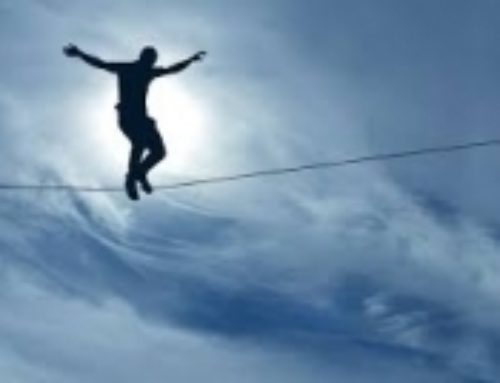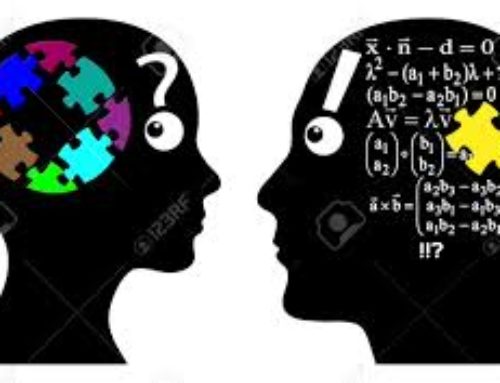“If you imagine less, less will be what you undoubtedly deserve. Do what you love, and don’t stop until you get what you love. Work as had as you can, imagine immensities…” – Debbie Millman
This reflects how belief systems about our own abilities and potential fuel our behavior and predict our success. Change and growth in our beliefs, both conscious and unconscious can have profound impact on most aspects of our lives.
The view you adopt for yourself profoundly affects the way you lead your life. It can determine whether you become the person you want to be and whether you accomplish the things you value. How does this happen? In her book, Mindset: The New Psychology of Success, Carol Dweck describes how different mindsets, the basic beliefs we carry about ourselves; greatly affect how we view ourselves and what we consider to be our personality.
Mindsets are beliefs—beliefs about yourself and your most basic qualities. Think about your intelligence, your talents and your personality. Are these qualities simply fixed traits, carved in stone and that’s that? Or are they things you can cultivate throughout your life?
Believing that your qualities are predetermined and unable to be changed, the fixed mindset creates an urgency to prove yourself over and over. If you have only a certain amount of intelligence, a certain personality, and a certain moral character, then you might feel inclined to prove what you have is adequate. This view assumes that our character, intelligence, and creative ability are fixed and cannot be altered significantly in any meaningful way. Success is the affirmation of that inherent intelligence; how we measure up against a fixed standard; therefore striving for success and avoiding failure at all costs become a way of maintaining the sense of being smart. Will I succeed or fail? Will I look smart or dumb? Will I be accepted or rejected? Will I feel like a winner or a loser?
In contrast, a growth mindset is based on the belief that your basic qualities are things you can cultivate through your efforts. This view thrives on challenge and sees failure not as evidence of unintelligence, but as a springboard for growth and for stretching our existing abilities. Although people may differ in many ways, in their initial talents and aptitudes, interests, or temperaments, everyone can change and grow through application and experience. Since a person’s true potential is unknown (and unknowable); it is not possible to foresee what can be accomplished with years of passion, hard work and training.
Our tendency toward one of these mindsets develops at an early age and influences our behaviors, our relationship with success and failure in professional and personal arenas and our capacity to experience happiness
In couples, those with a fixed mindset might believe their ideal mate would put them on a pedestal and make them feel perfect, whereas those with the growth mindset might prefer a partner who would recognize their faults and lovingly help improve them, someone who would encourage them to learn new things and became a better person.The passion for stretching yourself and sticking to it, especially when it’s not going well, reflects the growth mindset. This is the mindset that allows people to thrive during some of the most challenging times in their lives.
“I don’t divide the world into the weak and strong or the successes and the failures…I divide the world into the learners and non learners.” -Benjamin Barber
Are you at a crossroads and feeling like you can’t accomplish the goals you desire of have the life you imagine, feeling stuck and ready for some growth and change? Counseling with Lind Butler,LPC- Houston Psychotherapist, can help you learn to change those patterns of behavior and thoughts that are not serving you and improve your inner dialogue so you can be able to enjoy life and be the person you know you can be.



